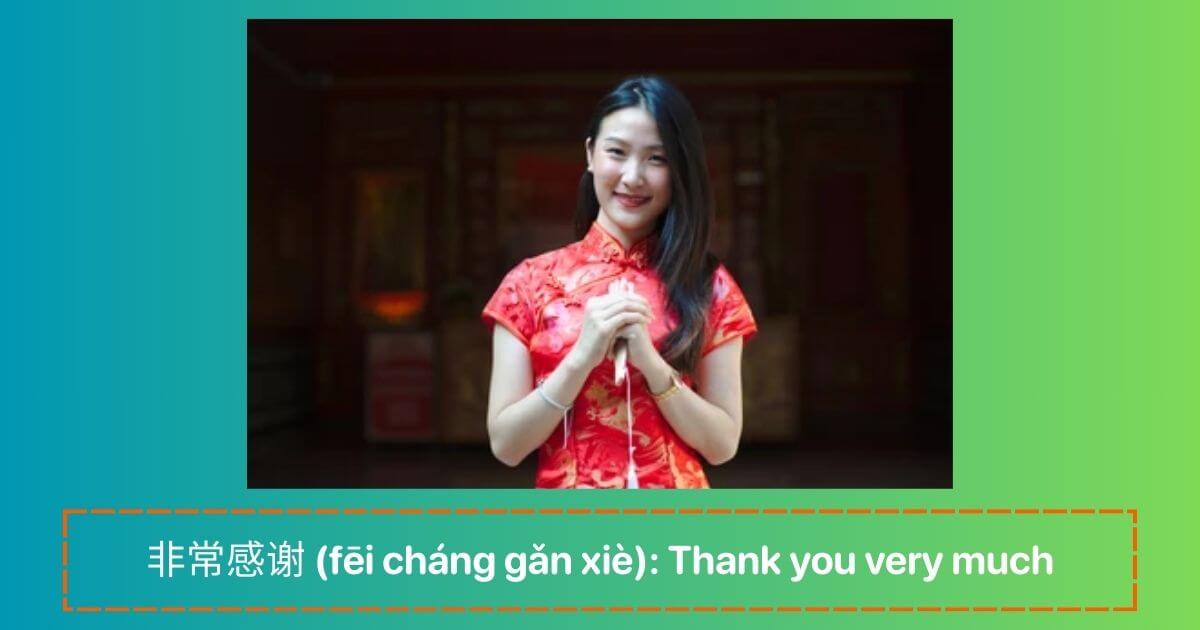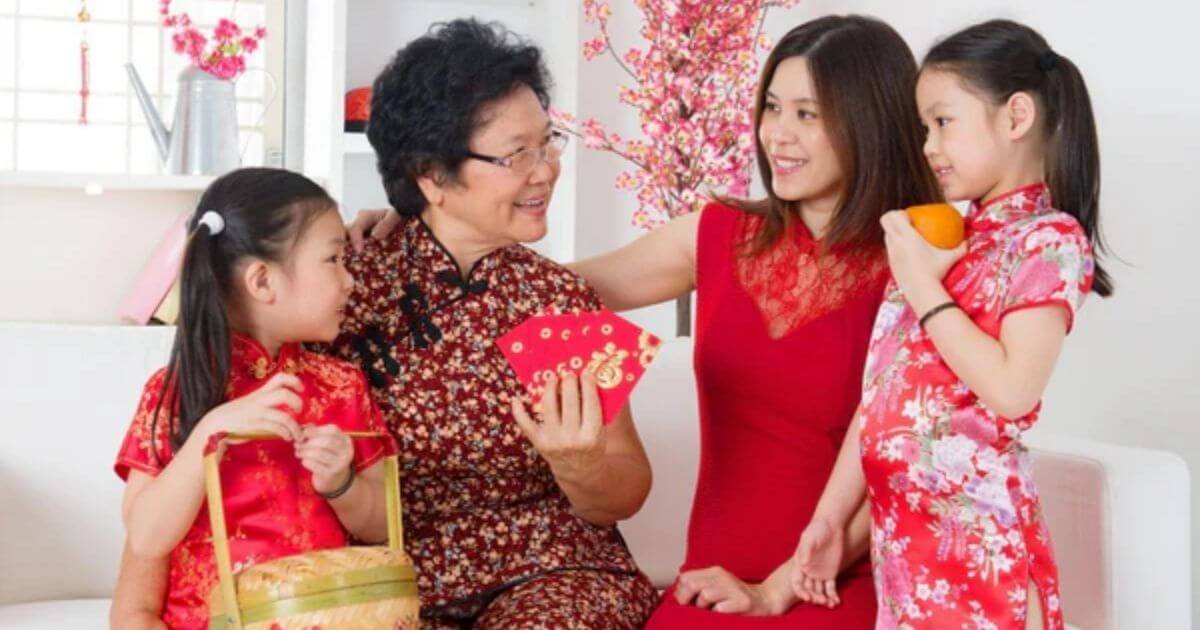
What Does “Xie Xie” Mean?
The literal translation of “xie xie” (谢谢) in Chinese is “thank you.” It’s the most common way to express gratitude in Mandarin Chinese, suitable for both formal and informal situations.
Characters and Pinyin
- Chinese: 谢谢
- Pinyin: xièxiè
- Tone: Fourth tone + fourth tone
Why is it repeated?
In Chinese, repeating certain words is a common way to soften tone or emphasize politeness. Saying “xie” once is understood but may come across as abrupt. Saying “xie xie” makes your gratitude sound more genuine and polite.
How to Pronounce “Xie Xie” Correctly
Pinyin and Tones
- xiè (4th tone): falling tone
- xiè (again 4th tone): repeat with the same falling tone
So it’s pronounced like a sharp “shieh-shieh” with both syllables falling in tone.
Common Pronunciation Mistakes
- Saying “zee-zee” or “she-she”
- Forgetting the falling tone
- Stressing the wrong syllable
Phonetic Tip:
To sound more native, think of “shieh” said in a firm, slightly descending tone twice: “shieh-shieh” (with a pause between the two).

When and How to Use “Xie Xie”
Everyday Situations to Use “Xie Xie”
- When receiving a gift: Friend gives you a souvenir → You say: xie xie!
- When someone helps you: Someone holds the door → You smile and say: xie xie!
- After getting directions: A stranger helps you on the street → You reply: xie xie!
Body Language and Tone
- Say it with a smile and nod to show sincerity.
- Maintain a gentle, respectful tone—especially with elders or in formal settings.
Formal vs. Informal Use
- Formal: Suitable in business, with strangers, or in customer service.
- Informal: Perfectly fine among friends, classmates, and family.
“Xie xie” in Chinese can be used across most contexts. However, if you’re looking to sound more polite or enthusiastic, consider variations.

Variations and Responses
More Polite or Formal Alternatives
| 非常感谢 (fēi cháng gǎn xiè) | Thank you very much | Used for more serious gratitude or business settings. |
| 多谢 (duō xiè) | Thanks a lot | Slightly less formal but still polite. |
| 谢谢您 (xièxiè nín) | Same as “xie xie” but with the formal version of “you.” | |
Casual Variations
- Just “xie”: Used among close friends or in text messages for brevity.
Common Responses to “Xie Xie”
When someone says “xie xie,” how should you respond?
| Chinese | Pinyin | English Meaning |
| 不客气 | bú kèqi | You’re welcome |
| 没关系 | méi guānxi | No problem |
| 不用谢 | bú yòng xiè | No need to thank me |
| 应该的 | yīng gāi de | It’s my duty |
| 没事儿 | méi shìr |
|

Cultural Insights
Understanding xie xie meaning isn’t just about translation, it’s about cultural context.
Why Gratitude Matters in Chinese Culture
- Chinese culture highly values respect, harmony, and humility.
- Saying “xie xie” is a small but meaningful way to maintain positive social relationships.
When Gratitude Might Not Be Expected
- Among very close friends or family, constant “xie xie” may feel too formal or distant.
- In tight-knit relationships, actions often speak louder than words.
Example: A mom giving food to her child might not expect a “xie xie” every time, it’s understood as love and duty.
Western vs. Chinese Norms
- In Western culture, “thank you” is used very liberally, even for tiny actions.
- In Chinese culture, “xie xie” is also used often but may be considered less necessary in very intimate relationships.

Final Thoughts
In daily Chinese communication, knowing how to say “xie xie” (谢谢) is essential, it’s a simple yet powerful way to show respect and gratitude. Whether you’re traveling, making new friends, or studying Mandarin, using “xie xie” naturally can help you build better connections. To master it, try practicing in real-life conversations whenever someone helps you, even in small ways. You can also use language learning apps like Gurulango, Duolingo, etc to improve your pronunciation and expand your vocabulary. The more you use it, the more confident and fluent you’ll become!
FAQs
Q1: Does “shi shi” mean thank you?
No. “Shi shi” is incorrect. The correct phrase is “xie xie” (谢谢) to mean “thank you” in Chinese.
Q2: What is the meaning of “xie”?
The word “xie” (谢) means “to thank.” When repeated as “xie xie”, it becomes the standard phrase for “thank you.”
Q3: What is the difference between “xie xie” and “xie xie ni”?
- “xie xie” = thank you
- “xie xie ni” (谢谢你) = thank you (adds emphasis) Use “xie xie ni” when you want to be a bit more personal.